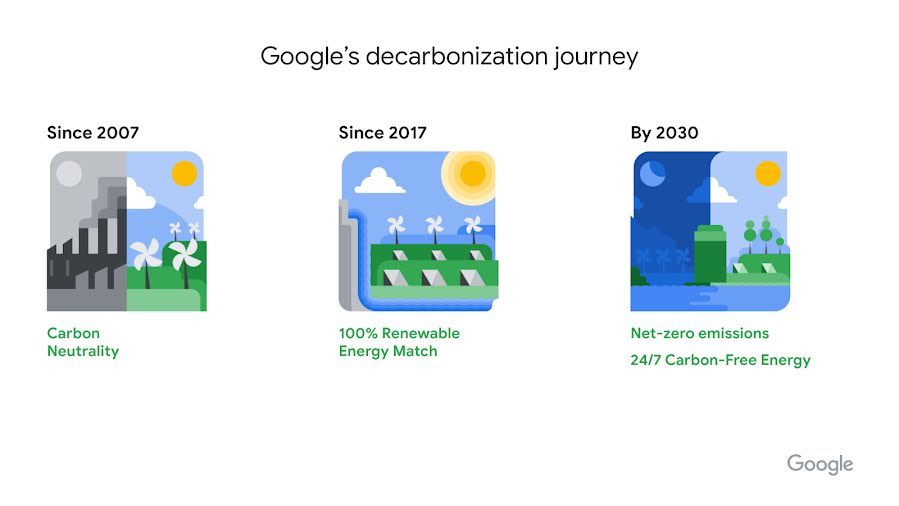Years ago, the words 'sustainable' and 'motorsport' wouldn't have even been uttered in the same sentence. Now, the industry has kicked it up a gear, reducing their reliance on carbon. But how can digital sustainability be achieved with your motorsport website?
Sustainability – It doesn’t end at the vehicle
If you liked reading this article you may also like:
Web3 – The pros, the Cons, and what it actually means.
The world of technology is ever evolving, and as we speak a new chapter of history is being written and making its gradual, but definitive debut - Web3, the ‘read, write, own web’.
Sustainability – It doesn’t end at the vehicle
Years ago, the words 'sustainable' and 'motorsport' wouldn't have even been uttered in the same sentence. Now, the industry has kicked it up a gear, reducing their reliance on carbon. But how can digital sustainability be achieved with your motorsport website?
Encouraging millennial participation in sport
Millennials enjoy sports just as much as any other generation, it’s how they consume it that matters. So how can the sports industry get this generation out of their homes and into their stadiums?


